Freedom Through Obedience: A Lesson from Star Wars
Personal autonomy has become the reigning virtue of our day. If it feels true to you, then it must be true for you. As SCOTUS Justice Anthony Kennedy famously said, “At the heart of liberty is the right to define one’s own concept of existence, of meaning, of the universe, and of the mystery of human life.” On this view, freedom entails obeying only the self.
But the Star Wars franchise portrays a different kind of freedom, a freedom that is found through obedience. For instance, in episode IV (the first Star Wars film) Obi-Wan Kenobi sneaks Luke Skywalker, R2-D2, and C-3PO past a small group of stormtroopers. When the stormtroopers stop them for inquiry, Ob-Wan simply waves his hand and says, “These aren’t the droids you’re looking for.” One of the stormtroopers repeats the phrase and they obey.
In The Empire Strikes Back, Luke learns the powers of the Force by submitting to Yoda. Luke realizes he cannot learn the Force alone and that he must obey his Master. And in the climactic scene of Return of the Jedi, Darth Vader ultimately saves his son Luke through not obeying the Emperor and fatally heaving him into a chasm in the Death Star.
In his excellent book Movies are Prayers, Josh Larsen describes how the newest Star Wars hero, Rey, learns freedom through obedience in The Force Awakens (2015):
Interestingly, Rey initially refused to acknowledge the power of the Force when she encountered it earlier in the film, after discovering the lightsaber that once belonged to Luke Skywalker. Her journey, then, is one in which she learns that submitting to the Force leads to flourishing. In both that mind-control showdown with Kylo Ren and a climactic lightsaber duel with him, it isn’t until Rey closes her eyes and prayerfully steps outside of her own self that the Force fully flows through her. In following the Force, she is freed. In trying to bend the Force to his own will, Kylo Ren suffers (p. 124).
Star Wars, of course, is fiction. But it is based upon a premise that runs against the prevailing virtue of our day—personal autonomy. Star Wars portrays freedom as being found through submitting to proper authority and objective reality, not through defining one’s own existence. On this view, freedom is not found through following one’s feelings, but submitting one’s feelings to reality. In other words, freedom is found through obedience.
Biblical Freedom
This is the paradox of freedom. And it is the view of freedom portrayed in the Bible. In his final speech to the Israelites before they enter the Promised Land, Moses sums up what God desires of them:
And now, Israel, what does the Lord your God require of you, but to fear the Lord your God, to walk in all His ways, to love Him, to serve the Lord your God with all your heart and with all your soul, and to keep the commandments and statutes of the Lord, which I am commanding you today for your good? (Deuteronomy 10:12-13).
In other words, the Israelites would only be free if they obey God by “walk[ing] in His ways,” which were given for their good. The Israelites would find freedom if they submitted their lives to God’s direction rather than their own.
The idea of freedom through obedience is counterintuitive for those raised in a culture that values personal autonomy. But Star Wars subversively portrays a truth we intuitively grasp—that obedience is required for genuine freedom. That is why King David said, “The law of the Lord is perfect, reviving the soul; the testimony of the Lord is sure, making wise the simple” (Ps. 19:7).

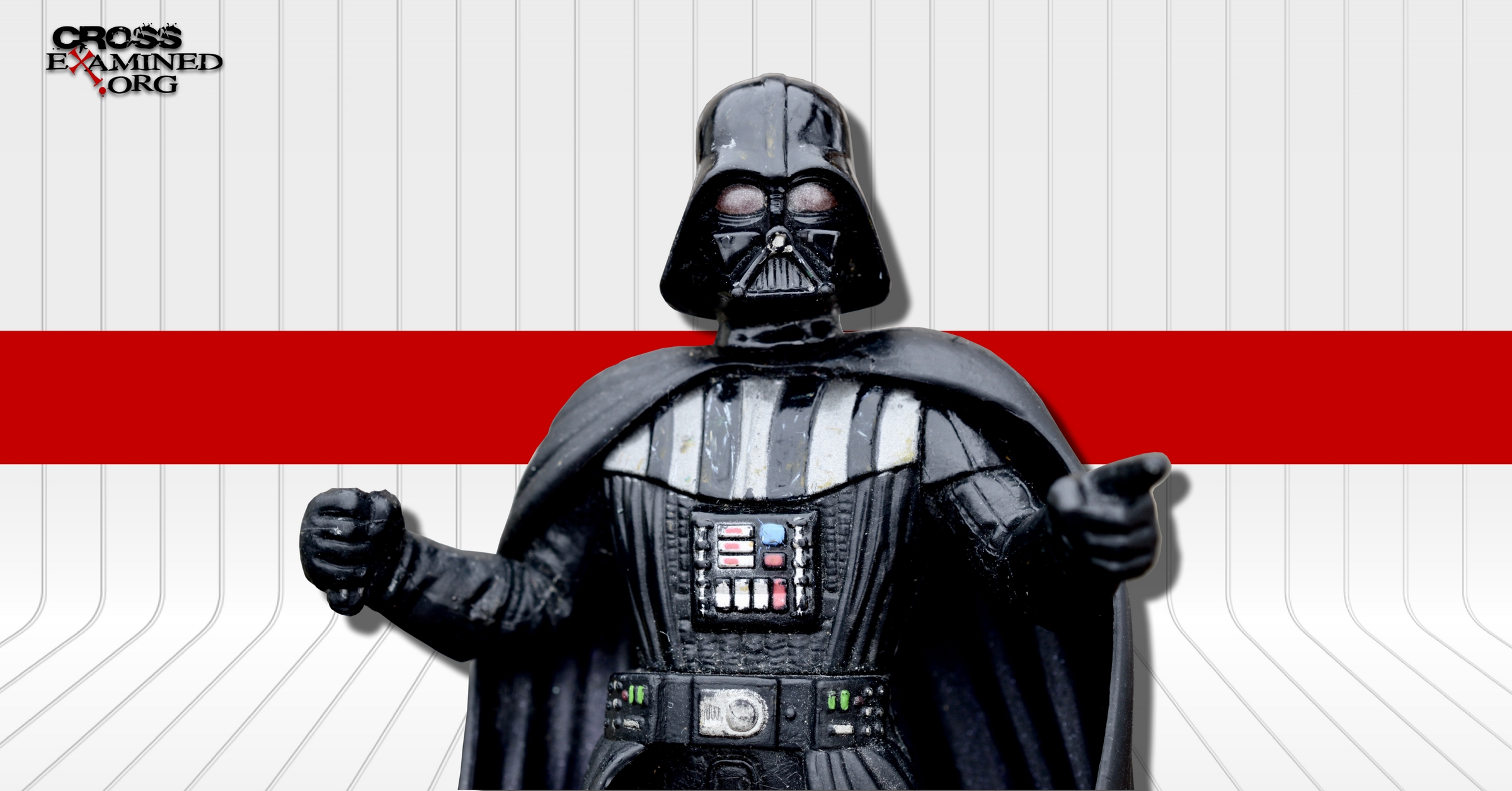

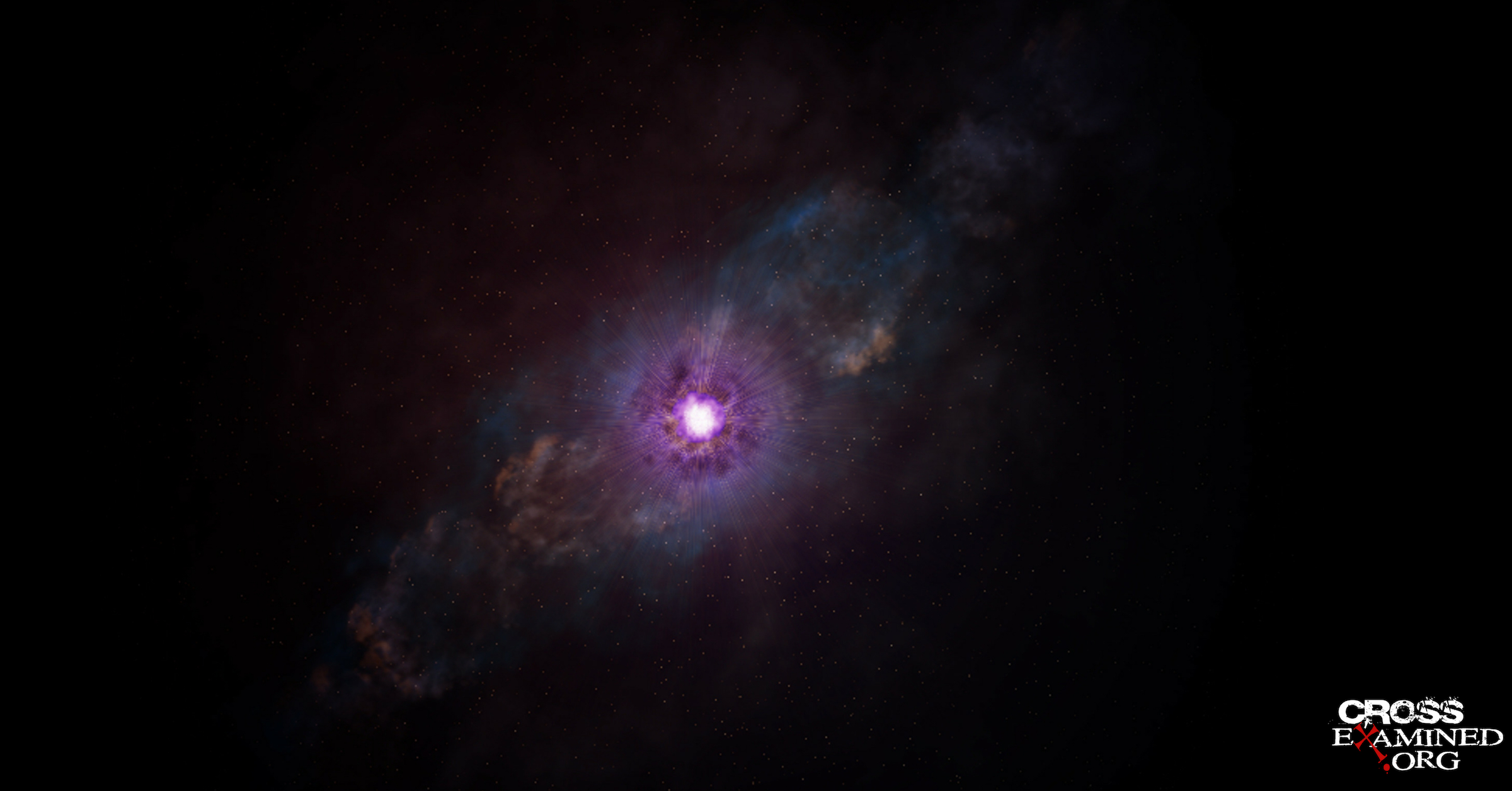

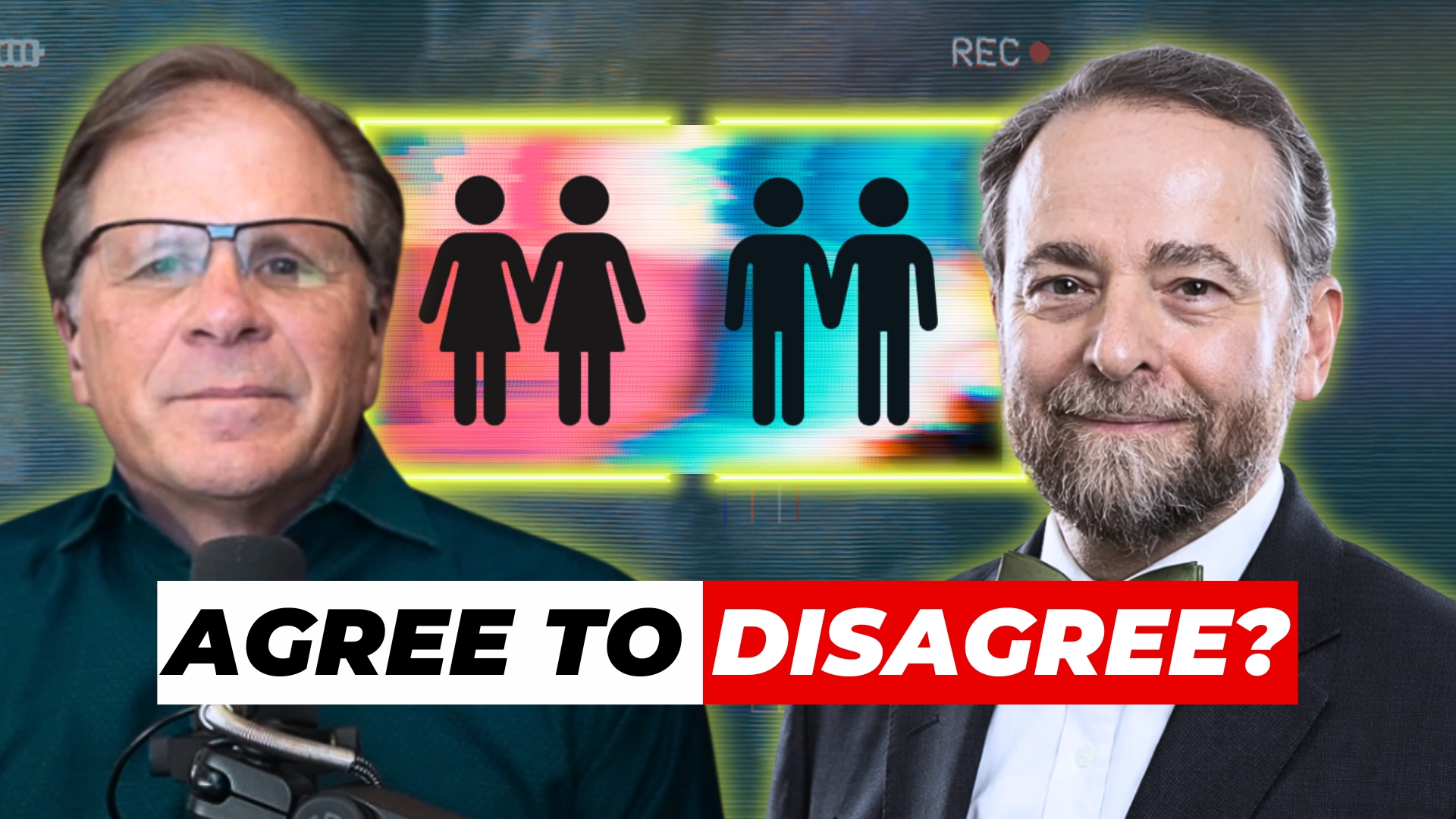
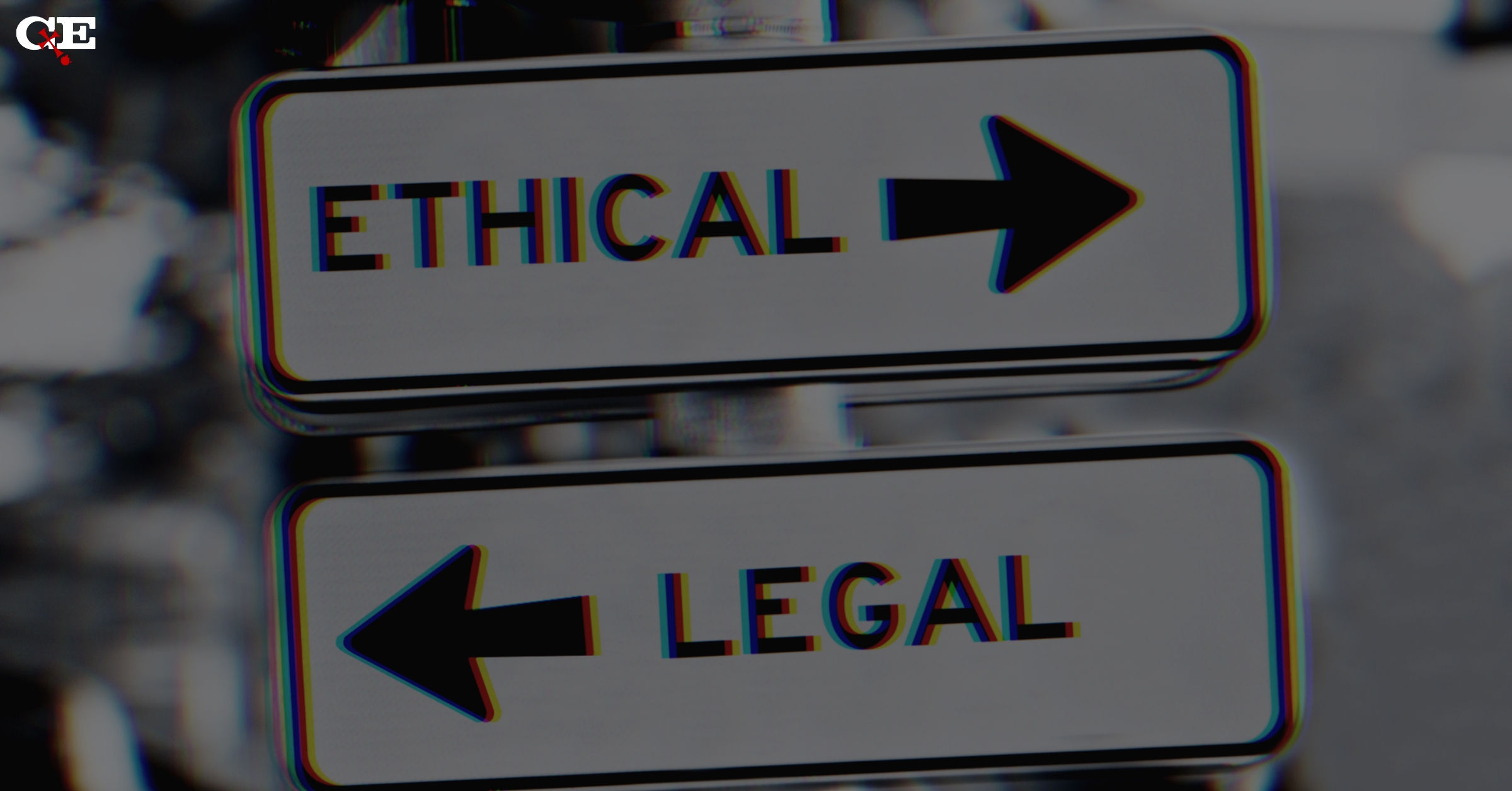


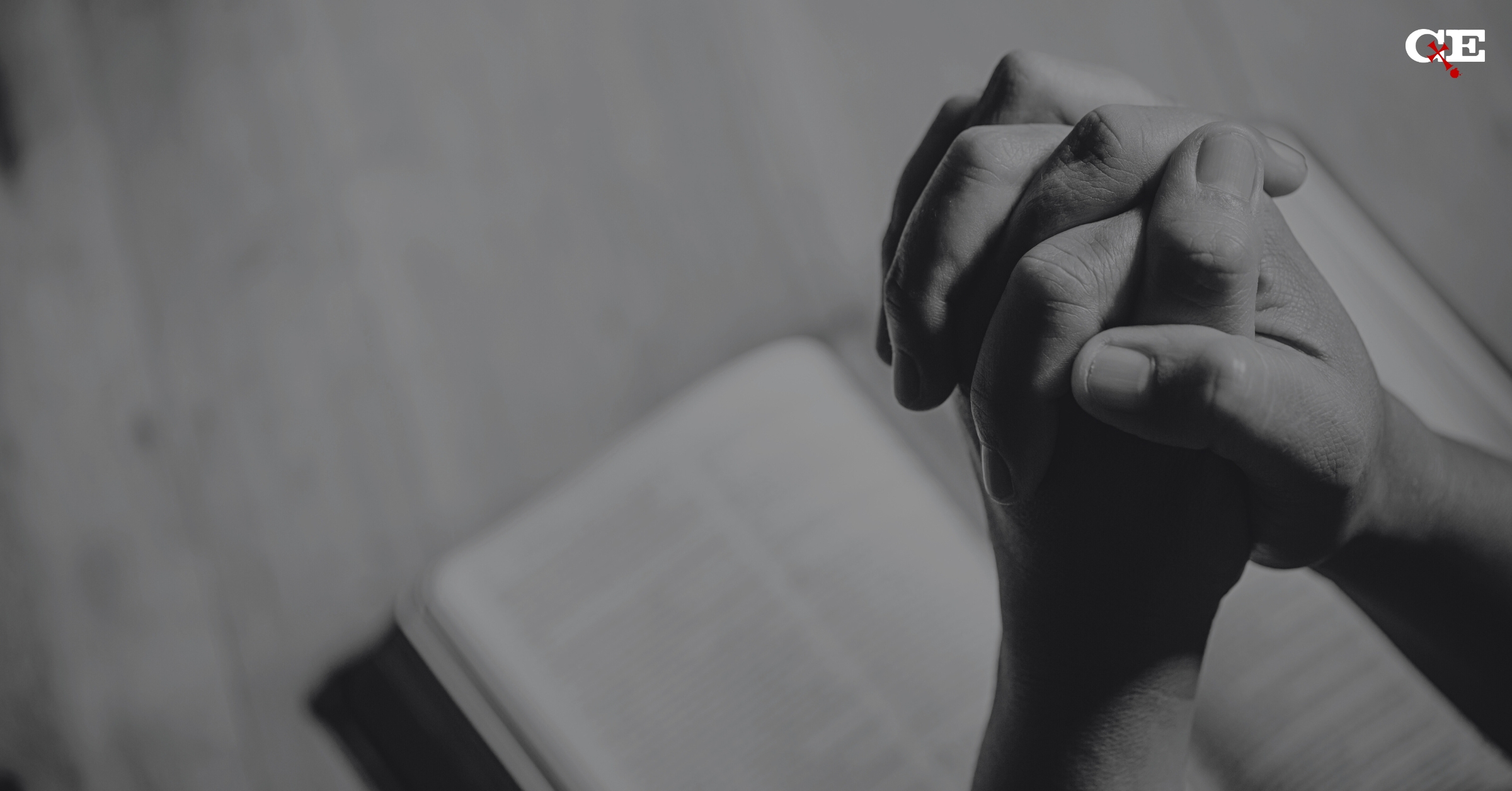
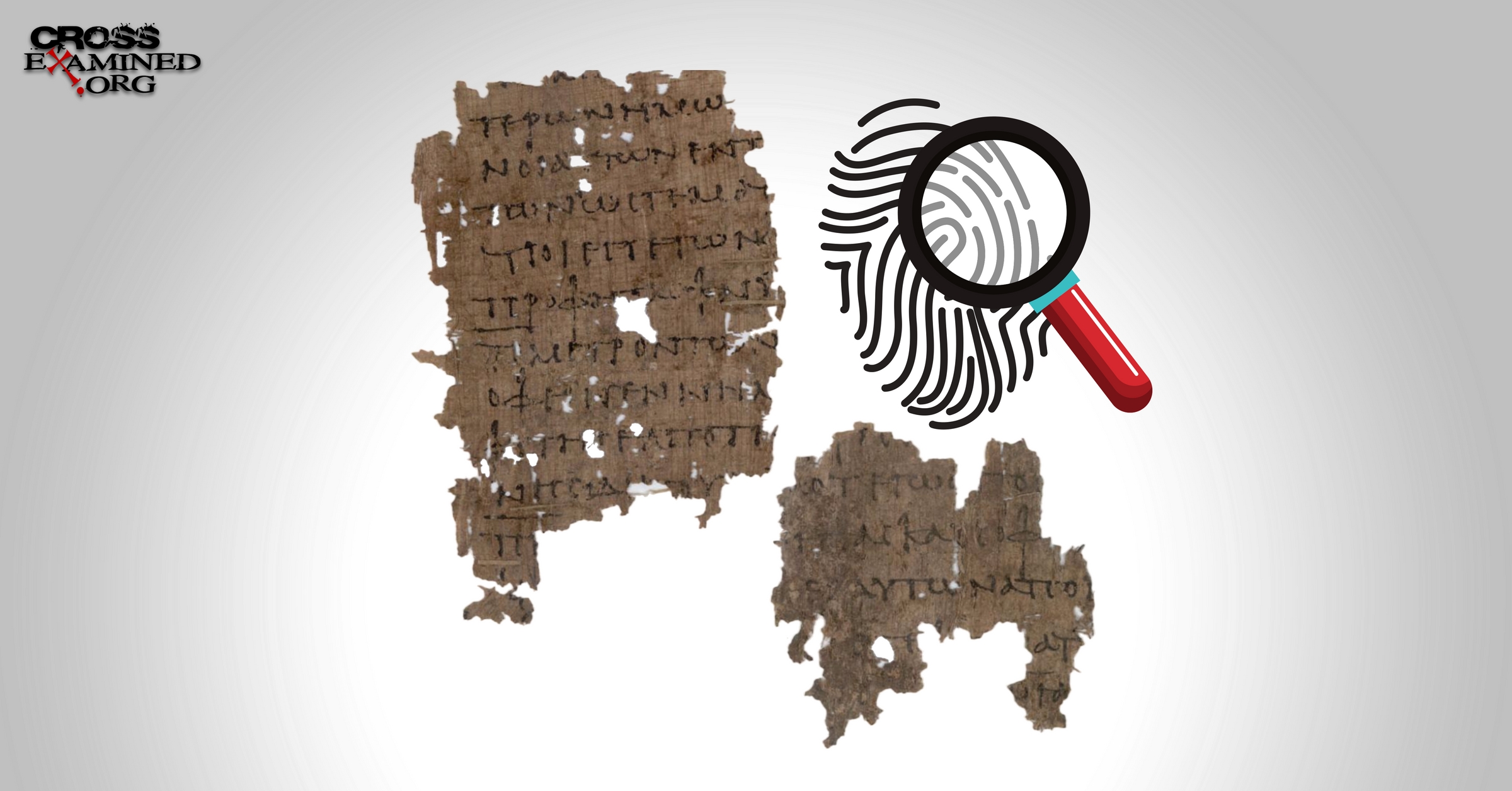

Leave a Reply
Want to join the discussion?Feel free to contribute!